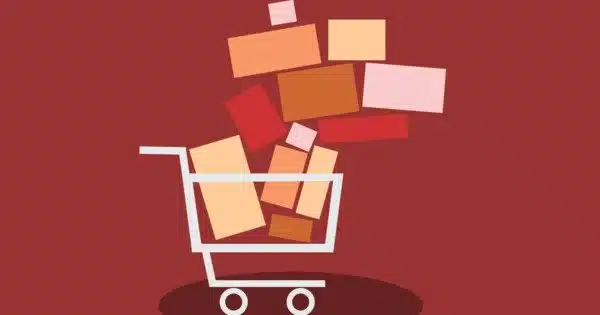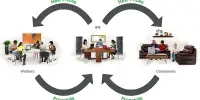Overconsumption is defined as the consumption of products, services, or resources in excess of what is considered required or sustainable. It refers to a circumstance in which a consumer overuses existing goods and services to the point where they are unable or unwilling to replenish or reuse them. This occurrence is frequently linked to negative environmental, social, and economic effects.
In microeconomics, this is defined as the point at which a consumer’s marginal cost exceeds their marginal utility. The term “overconsumption” is used in a variety of contexts and does not always have a single unifying definition.
Overconsumption is fueled by various current global economic drivers, including consumerism, intentional obsolescence, economic materialism, and other unsustainable business strategies, and can be compared with sustainable consumption.
Here are some key aspects of overconsumption:
- Environmental Impact: Overconsumption depletes natural resources and ecosystems. Deforestation, pollution, habitat destruction, and climate change are all exacerbated by the creation and disposal of products. Extraction of resources beyond the capacity of the Earth to replenish can result in long-term environmental deterioration.
- Waste Generation: The more people who consume, the more garbage there is. Overconsumption adds to landfill expansion and pollution. Product disposal frequently entails procedures that impair the environment, such as the release of harmful compounds.
- Social Inequality: It has the potential to worsen socioeconomic inequality. While some people and communities have a wealth of resources, others struggle to achieve their fundamental necessities. This imbalance has the potential to cause societal tensions and conflicts.
- Impact on Mental Health: The constant pursuit of material possessions and the pressure to keep up with consumer trends can contribute to stress, anxiety, and a sense of inadequacy. The culture of overconsumption may also foster a disposable mentality, where products are quickly discarded in favor of the latest trend.
- Economic Issues: Overreliance on consumerism as an economic driver can lead to economic instability. Economic systems that prioritize continuous growth based on consumption may face challenges when resources become scarce or environmental degradation hampers production.
A long-term pattern of overconsumption in any specific location or ecological system can result in a decline in natural resources, which frequently leads to environmental deterioration. However, this is only true when it comes to human impacts on the environment. In economic terms, this point is described as the moment at which a consumer’s marginal cost equals their marginal utility. According to Gossen’s law of diminishing utility, the consumer realizes at this point that the cost of consuming/purchasing another item/good is not worth the amount of utility (also known as happiness or satisfaction from the good) they’d receive, and thus is not conducive to the consumer’s wellbeing.














